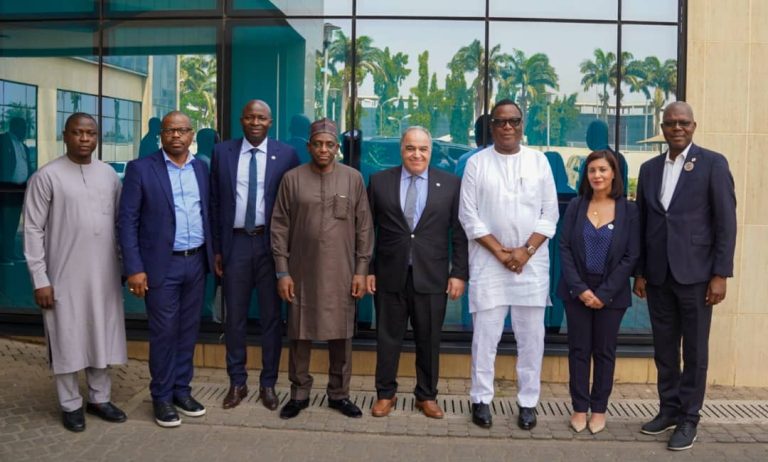
President Joe Biden
Things were looking up for the rapidly growing Asian American electorate after the 2020 election.
Voter turnout in the community had been bigger than ever before, and Joe Biden, the candidate most had supported, had won the presidency. Meanwhile, Kamala Harris, Biden’s vice president, was of South Asian heritage.
So when Biden – whose Cabinet is shaping up to be the most diverse in U.S. history – failed to name a single Cabinet secretary of Asian American or Pacific Islander descent, the backlash was bitter – and compounded by a longstanding sense of feeling left out of federal decision-making. Every presidential Cabinet since 2000 has included an Asian American until now.
“It’s insulting and frustrating,” said Madalene Mielke, president and CEO of the Asian Pacific American Institute of Congressional Studies. “Part of the reason Asian Americans vote is that they’re looking for people who can represent them. And it stings, because it looks like we’re regressing.”
The omission is particularly galling, Mielke and others said, after an election in which the Asian community played a pivotal role – and at a time when Asian Americans are keenly affected by issues such as immigration and the disproportionate effects of an ongoing pandemic, including racism.
On Tuesday, Biden signed an executive order condemning “racism, xenophobia and intolerance” against the country’s Asian American and Pacific Islander community as part of a broader plan to combat racial injustice nationwide.
“There’s no question that President Biden has put together an incredibly diverse Cabinet, and he deserves credit for that,” said Gregg Orton, national director for the National Council of Asian Pacific Americans.
But those appointed to Cabinet-level positions, Orton said, “have an enormous amount of influence and power. It’s important to make sure that those deciding the trajectory of the future have a real understanding of our communities – not that that’s impossible if they’re not in our community, but we have seen time and time again that we are left out.”
Both the National Council of Asian Pacific Americans and the Asian Pacific American Institute of Congressional Studies issued statements noting their displeasure early this month once the omission became a certainty; in her statement, Mielke wrote that “the brazen exclusion” of Asian Americans and Pacific Islanders “abandons and erases the AAPI community.”
A ‘history of exclusion’
Concerns that Biden would fail to name an Asian American/Pacific Islander Cabinet secretary had been growing since December, when more than a hundred lawmakers signed a letter crafted by California Rep. Judy Chu, chair of the Congressional Asian Pacific American Caucus, urging otherwise.
“The need for diversity at the highest levels is not for the sake of optics,” the letter said. “It’s about ensuring all experiences are reflected in our decision making. … When we have diverse leaders in positions of power, it leads to more inclusive policies that better serve the entirety of our country.”
The letter also noted “a long history of exclusion” rooted in discriminatory laws like the Chinese Exclusion Act of 1882 and the internment of close to 120,000 Japanese Americans during World War II, saying, “This painful history of exclusion is one that is still often felt today.”
As of last year, the number of eligible Asian American/Pacific Islander voters had more than doubled since 2000 to 11 million-plus, according to the Pew Research Center. That makes Asian American/Pacific Islander voters the fastest-growing U.S. voting segment among major racial and ethnic groups and represents nearly 5% of the country’s eligible voters, the center said.
“It shows that our community cares, that we are getting more politically engaged,” said Orton of the National Council of Asian Pacific Americans. “But it also translates to a desire to have a seat at the table.”
Including Harris, three major candidates of Asian American/Pacific Islander heritage campaigned for president in 2020.
Asian Americans have been represented at the Cabinet secretary level ever since 2000, when President Bill Clinton appointed Norman Mineta as commerce secretary.
During his campaign, Biden had pledged to build a team that “looks like America,” and his Cabinet picks do represent a number of historic firsts, including five women – among them Janet Yellen, the first woman to serve as treasury secretary, and Deb Haaland, the first Native American nominated as interior secretary. The list also includes Alejandro Mayorkas, the first Hispanic nominated as homeland security secretary, and Lloyd Austin, the first Black to be named as defense secretary.
“It seems clear that the Biden team is on track to assemble the most diverse set of Senate-confirmed appointees in American history,” wrote Kathryn Dunn Tenpas, a senior fellow with the Brookings Institute, in a report examining diversity among presidential Cabinets going back to the Reagan administration.
Biden announced this month that he would appoint former Surgeon General Vivek Murthy, the British-born son of Indian immigrants, to the same position in his administration but balked at demands from Congressional Asian Pacific American Caucus to elevate the position to Cabinet level.
“It seems clear that the Biden team is on track to assemble the most diverse set of Senate-confirmed appointees in American history,” wrote Kathryn Dunn Tenpas, a senior fellow with the Brookings Institute, in a report examining diversity among presidential Cabinets going back to the Reagan administration.
Biden announced this month that he would appoint former Surgeon General Vivek Murthy, the British-born son of Indian immigrants, to the same position in his administration but balked at demands from Congressional Asian Pacific American Caucus to elevate the position to Cabinet level. (Text, excluding headline, courtesy USA Today)








